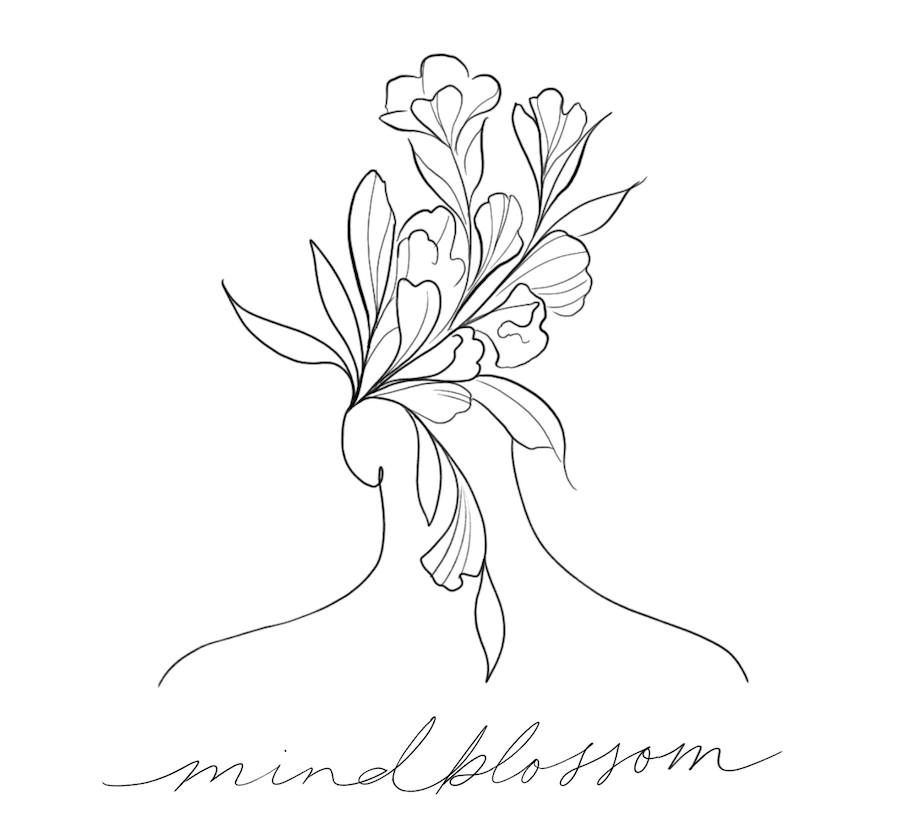Maternal Mental Health
a resource page
Information and tools that can make a difference.
Make a Donation
Maternal mental health has been historically overlooked due to systemic oppression.
Begin your journey of understanding maternal health here.
Do you know of a resource we should add? Send us an email at info@mindblossom.org.
10% of pregnant people, and 13% of those who just gave birth, experience a mental disorder.
How does maternal mental health affect mothers?
Check out this great talk by Dr. Fatimah Jackson-Best about the missing research gap for maternal mental health.
MindBlossom’s Maternal Health Programs
MindBlossom runs a series of Maternal Health programs catered to the specific communities we aim to serve.
These programs educate participants on maternal mental health, financial literacy, bias within the healthcare system, and techniques they can use to alleviate stress and anxiety.
Our recent program for Black and Brown mothers in New Haven, CT, was extremely successful in empowering its attendants in knowledge and community.

A personal story of postpartum depression and expectations.
Emily Phelps discusses her personal relationship with maternal mental health, and how the social expectations of pregnancy, birth, and motherhood affected her mental state.
Check out these books:
Make sure to tune into our weekly book clubs where we review a new book every month!
Use the links below to purchase the book from Amazon while also supporting Mind Blossom’s mission!

In What No One Tells You: A Guide to Your Emotions from Pregnancy to Motherhood by Dr. Alexandra Sacks and Dr. Catherine Birndorf explores the psychiatry of maternity on the brain.

Sarah Menkedick explores the complex nature of maternal anxiety that doesn’t quite fit into the simple label of “postpartum depression.”


Beyond the Blues: Understanding and Treating Prenatal and Postpartum Depression & Anxiety is an extremely current approach to postpartum depression, including vital information about medication to both treat and prevent perinatal depression.


Dr. Jodi Pawluski uses her own research to make the rearrangement of the brain during motherhood accessible.

Why is maternal mental health so overlooked?
Social expectations around motherhood often pressure women to appear happy and not seek help, even when they need it. The social pressure to be constantly nurturing and pleasant can exacerbate mental health struggles.
The prioritization of the baby’s health over the mother’s throughout pregnancy, birth, and early life by many healthcare providers may silence women from seeking the assistance they need, and may add to the stigma of self care being the same as selfishness.
Historically, women’s healthcare has been deprioritized or completely misunderstood, as women themselves were gatekept from receiving a medical education, and male doctors often attributed their issues to sexist concepts like hysteria.
The lack of resources and discussion about maternal health similarly isolates those with perinatal depression, who may fall deeper into these negative feelings without support.
Listen to these podcasts and webinars to learn more about grief:
Our third episode of Blooming Minds explores Mother Brain by Chelsea Conaboy. This book dives into how motherhood seriously rewires the brain! Conaboy talks about both the biology and the psychology of transitioning into parenthood, and the fundamental changes our body and mind experience – no matter our gender and sexual orientation. This book is the compilation of years of journalistic investigations, and captures the newest scientific advances while also pondering on what we still don’t know about motherhood. Join us for a fun, engaging, and insightful conversation on a “must read” book for anyone interested in how the brain works in mothers, and every other caregiver.


Give these a listen to learn more about depression:
How do we actually treat depression? Where are we at with neuroscience research? Is serotinin involved at all? This is an excellent episode from the Huberman Lab featuring Dr. David Linden’s expertise in this complex and important area.



Sign up for peer support!
Sometimes all we need to reduce our anxiety is to share with someone we trust. These peer support groups can be a great place to start if you’re looking to connect with and learn from people that also have lived experience with anxiety and stress.


The Anxiety and Depression Association of America (ADAA) offers four different online peer support communities. Check out which one may fit with you!

Your present circumstances don’t determine where you can go; they merely determine where you start
Give Today
Mind Blossom reinvests all donations and profits into mental health education programs and services for schools and community organizations with financial insecurities. You can decide where your money goes.
$10
$25
$100
$500
$1000
other
Get In Touch
Hamden, Connecticut
USA
info@mindblossom.org
MindBlossom is a registered 501(c)3 Public Charity organization with Tax ID: 92-2178954
MindBlossom is on a mission to empower people’s mental wellbeing through mental health education and community engagement. We utilize evidence-based methods to help people understand themselves and others in ways that are proven to enhance mental health and prevent mental illness. While we work with companies and other institutions, MindBlossom’s overarching cause is to help develop and implement mental health education programs in all K12 schools, colleges and community programs. All profits are reinvested in this cause.
